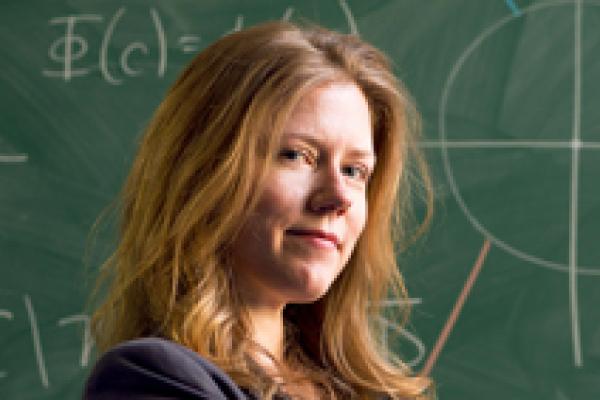Article

Can events happen outside space and time? Plus talks to Laura Mersini-Houghton
Can we define an event without reference to space and time? And why would this be useful? Laura Mersini-Houghton explains.







